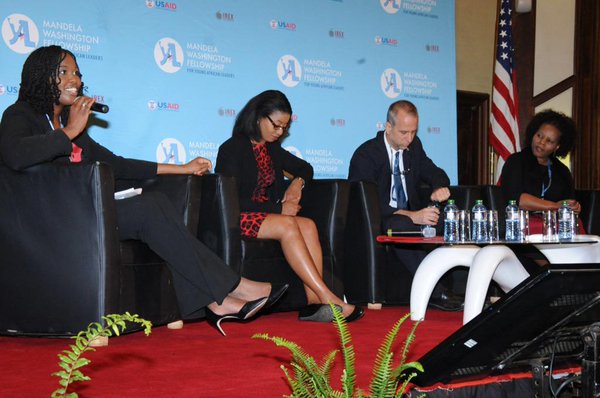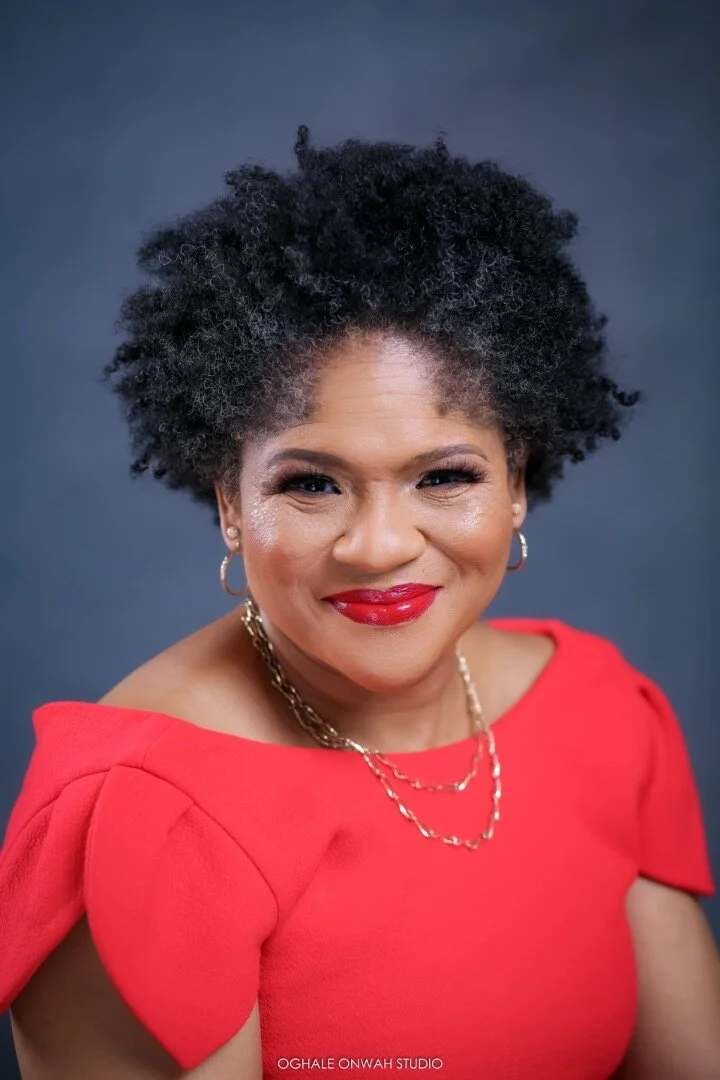Morgan McClain-McKinney
/Foreign Service Officer | USAID
CV in brief:
Education: University of Illinois at Urbana-Champaign
Career so far: Cline Center for Democracy and Governance | U.S. Senate | U.S. Department of State | JPMorgan Chase | University Housing Illinois
Find Morgan online: Twitter | LinkedIn
African Americans in Foreign Policy Wikipedia page
Exclusive interview by Lucie Goulet, 9 December 2016
What do you do?
I am a program officer with the US Agency for International Development (USAID). I’m a member of the US Foreign Service.
We are responsible for strategic planning and design of US foreign assistance programs. We monitor and evaluate across the full program cycle, from the inception of the project to its implementation and completion, to assess the impact and the validity of what we deliver. We work across sectors including education, health, agriculture, food security, democracy and the environment.
Why did you decide to work for USAID?
I grew up in Chicago (Illinois), where there’s a lot of poverty on the domestic front. I was interested in the politics of inequality and I wanted to make a difference in the lives of the most vulnerable. Working with USAID is a great way to reach the farthest places and to share best practices.
How did you choose between the State Department and USAID?
I started off focused on diplomacy, but made a pivot to development. USAID is a specialized service, and I wanted to utilize skillsets in budgeting, planning and design to support the world’s must vulnerable. I try to understand the root causes of poverty, the nuances of how different aspects of your life can either spiral you further into poverty or keep you in a perpetual state of poverty.
I enjoy development because there’s lots of human contact. We engage everyone, from the highest level ministers all the way down to farmers, students and health practitioners. I like the range of engagement that we have in the countries that we work in.
What would your advice be to a woman who would like to join USAID?
Do it! In policy and international development careers, women are suggested to be really underrepresented, but women are increasingly well-represented in USAID.
In terms of skills, getting experience in a technical area is recommended. Our officers include people with advanced degrees in their fields e.g in environmental science, agriculture, health, etc.
It’s worth noting that we are only able to hire US citizens, at least in Washington. Overseas, there are opportunities for local hire positions. There are also opportunities for third country nationals to work with us in the field.
How has being an African American woman influenced your career?
It can be a challenge when you are abroad. I have walked into U.S. embassies in Africa and been mistaken for a local applying for a visa. People don’t necessarily recognize African Americans as “typical Americans”, especially in overseas context.
African American women and other women of color are increasingly represented in the foreign service but we are still in the minority. We bring great background and skills. As more and more women of color pursue these type of careers, I would hope that it becomes normalized for folks to women of color as leaders in our foreign affairs fields.
As an institution, what can USAID do to support that?
Many foreign affairs/national security agencies and their partners have made deliberate effort in terms of recruitment . A recent executive order released by President Obama suggests that national security agencies should focus on diversity as it is very important to our nation’s security and our prosperity. As long as we can continue and retain these people and have them really rise to the highest ranks, it will show everyone that these jobs are achievable and attainable.
You have set up a Wikipedia page about African Americans in foreign policy. What was the process like?
On the page, I highlight African Americans in foreign policy all the way from the first consul general to present-day African Americans in the State Department, USAID and other foreign affairs agencies like the U.S. Department of Agriculture.
Representation is very important. For me, it was a historical quest to publish this information. Prior to this page being developed, if you googled ‘African Americans in foreign policy’, you’d get a few journal or news articles about Condoleezza Rice, the first African American female Secretary of State, or Colin Powell, the first African American male Secretary of State. Many people don’t realize that those two firsts have been in this current millennium! Cataloguing these accomplishments recognizes those who have achieved, and shows other aspiring professionals that it is possible but that we have more work to do to ensure that we’re continuing to be represented.
Creating the page was a fun exercise and I was able to consult with many leaders in the field.
I chose Wikipedia because I didn’t want to have to continue to update it myself. I wanted to do the foundation and then allow people to edit it themselves It’s great to see how it has continued to grow. I encourage people as much as possible to make note of who’s where and who’s doing what. Keeping up to date is the most important thing for me. The historical information won’t change but this is ongoing.
What is the most useful thing you’ve learned that you wish you’d known from the beginning of your career?
Communication is key. Oftentimes in a bureaucracy, communication tends to get put to the side as a nice-to-have but not a necessary thing.
I’ve been able to do some of my best work by being able to communicate with other cultures. I am proficient in French and am familiar with several languages on a more basic level. It has helped me connect with people, even if I just have a few words of their language.
A lot of communication is just keeping quiet and not saying anything when engaging the people that we serve. When they say “This is what we need”, we have to listen.





